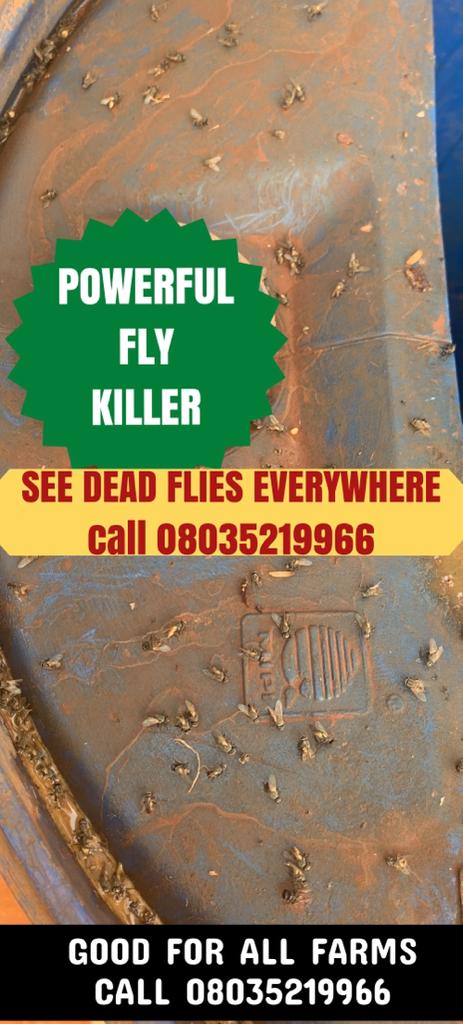How Plateau Conflict Could Affect Maize Supply
For more than three months now, villages of Plateau State have been bedeviled with ethno-religious conflicts. About 200 people, especially in the farming communities, were confirmed killed in the several attacks in the villages of Barikin Ladi, Mangu and Riyom local government areas.
 Learn More
Learn More
Farming communities and pastoralists often blame each other for attacks against their members.
Hundreds of thousands of the residents of the affected communities have fled their houses to other communities to avoid further unforeseen circumstances that may occur in their areas. Many of the affected residents were reported to have abandoned farming activities to relatives in other areas for safety.
The recent trouble started at the beginning of this year’s farming season when farmers commenced cultivating their crops.
Last week, there were also incidents of destruction of farms, alleged to be carried out by Fulani herders. The allegation was denied by the leadership of the group, saying such destruction was criminal and could be carried out by anyone.

Farmers in Ta-hoss, Jol, Kwi and Rim villages of Riyom Local Government Area of the state, also accused herders of cutting down their unripe crops in the farms in the areas. They said the culprits were cutting down unripe maize, Irish potatoes, cabbage, among other crops.
The farmers, who described the incident as a deliberate move to deny them their means of livelihood, said the destruction of crops was uncalled for. They called on security agencies to take action on the matter.
The national president of Berom Youth Moulders, Solomon Dalyop, said that between BarikinLadi and Riyom local government areas, crops of over 800 hectares were destroyed.
However, Plateau is among the top five states in Nigeria that cultivate huge maize, with Mangu, Bassa, Bokkos, and Barikin-Ladi local government areas being the major producers of grains.
According to farmers in the state, Mangu maize market, located in the town of Mangu, headquarters of Mangu Local Government Area, is reputed to be the biggest of its type. Large-scale buyers in states and far places, including the South East and the northern part of the country, rely on the Mangu maize market for their supply. They added that some people buy the grain in thousands of bags every week. The farmers said that nearly all the maize traded in the Mangu maize were produced within.
READ ALSO Top 10 Best Management Practice Tips for Better & Quality Broiler Production
However, stakeholders and farmers are worried that the recent attacks and killings in farming communities would affect the production of maize and other food crops as many farmers have abandoned farming activities. They added that unless urgent action is taken to stop the crisis, there would shortage of food supply in the market, which would result to hunger.
Maize dealers are also complaining that the recent crisis was preventing people from going to Mangu to buy the grain, for fear of any unforseen circumstance, a situation that some said would affect the supply of the grain in the market. They added that the development had since resulted to increase in the price of the produce in the state due to its scarcity.
READ ALSO How to strategically use water for greater benefits in your poultry farming business
Isa Yawale, the chairman of Jos Grain Market, said the situation was affecting the supply of maize. He said, “The crisis in Mangu, where maize is produced in large quantities, is also a contributive factor to the shortage and increase in price of maize in Jos because people are scared of going there to buy the grain.”
Asabat Kwanan Bauda, a maize dealer in Jos also said, “At the moment, we don’t have enough maize in the market. There is scarcity of the commodity, and that is why the price increased.”
John Chindap Wuyep, the chairman of the All Farmers Association of Nigeria (AFAN) in the state, explained how the recent crisis would affect the supply of maize in the market generally.
He said, “Plateau State is a major producer of maize. We have the quality of maize that is better than others. The crisis is already affecting supply and will also affect next year’s output although some farmers are still planting with the hope that rain would fall for the rest of the season.
READ ALSO Top 10 Best Management Practice Tips for Better & Quality Broiler Production
“Most of the houses of farmers in maize-producing areas were attacked and vandalised. Some farming equipment have been carted away. Those who used to come for the off-taking of the available maize have stopped because they are afraid of coming. It has affected everything. Even farming imputes like pesticides and herbicides were carted away.

What may reduce maize supply
Wuyep, however, said that if rain continued to fall, farmers were likely to meet a significant percentage of their production target. He added that should the government provide palliatives; such as fertiliser, pesticides and other farm inputs, it would go a long way in reducing the difficulties farmers are facing, as well as boost next year’s supply. The support would also give hope to other farmers who might have refused to cultivate this year as a result of crisis.
Solomon Dalyop, a farmer and president of the Berom ethnic group, said a lot of people had lost their crops during the destruction of farmlands recently, which, according to him, is likely to increase hunger in the communities.
He said, “We are calling on both the state and federal governments to intervene and provide enabling an environment for the farmers; if not, there will be problem in crop production.”














